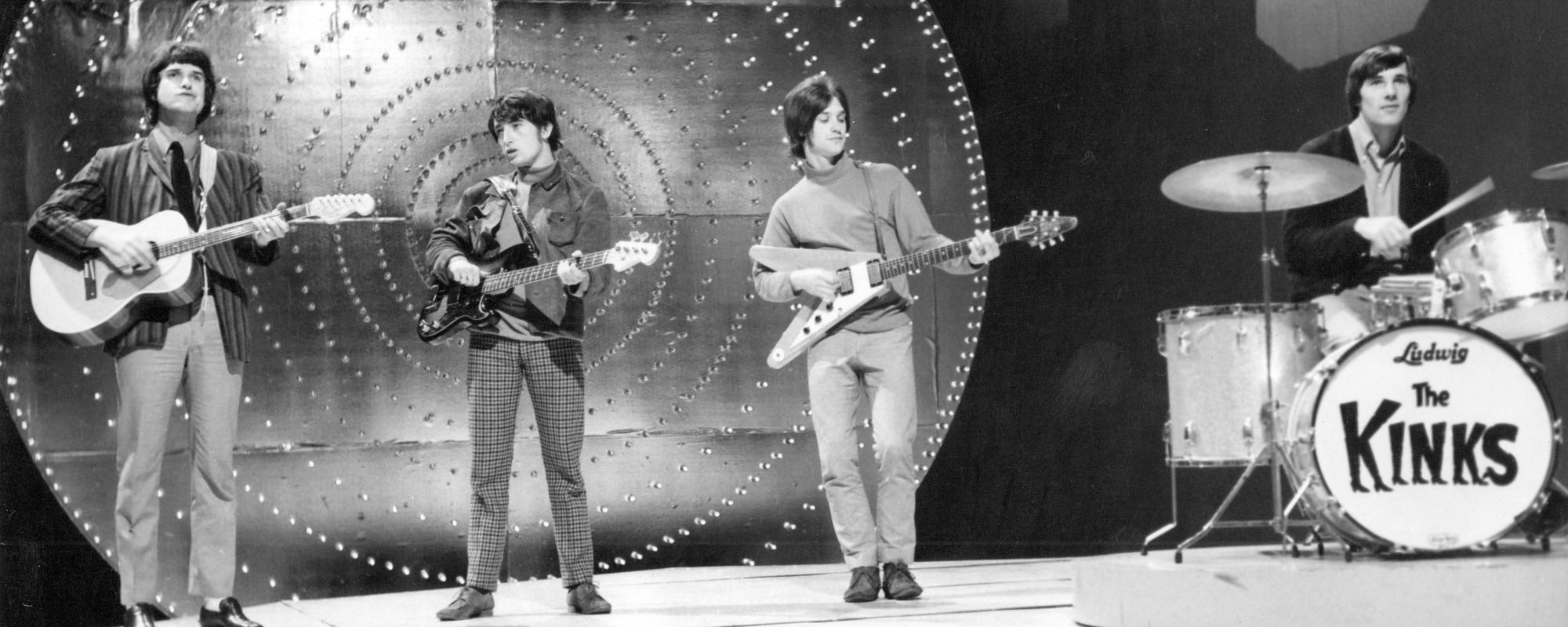Ah, the 1970s: a time of free love, groovy tunes, and disco. Beneath glittering disco balls, youth of the time found sexual liberation, musical freedom, and pure, unadulterated fun as dance music heated up the charts and became a national phenomenon.
Videos by American Songwriter
The disco craze set the stage for several artists to become major stars in their own right—most notably Donna Summer, the Bee Gees, ABBA, and more. Below, American Songwriter dishes on five danceable songs that defined the disco era. So put on your dancing shoes, get ready to boogie, and read on for our picks.
1. Donna Summer – “Love to Love You Baby”
Donna Summer certainly has a plethora of decade-defining hits to choose from for the purposes of this list. But there’s nothing like your first, and “Love to Love You Baby” kicked off the dance diva’s reign as the undisputed Queen of Disco.
Released in 1975 as Summer’s first single after signing with Casablanca Records, the disco classic was the singer’s first No. 1 on Billboard’s Dance Club Songs chart—a summit she’d return to a multitude of times for the rest of the decade with successive smashes like “Last Dance,” “Four Seasons of Love,” “I Remember Yesterday,” “MacArthur Park” and more.
2. ABBA – “Dancing Queen”
Long before their music was the stuff of movie musical legend, ABBA broke out with “Waterloo,” their first top 10 hit in the U.S. in the spring of 1974. But it wasn’t until two years later that Agnetha, Anni-Frid, Benny, and Björn cemented their place as Swedish pop royalty thanks to, you guessed it, “Dancing Queen.”
The beloved tale of a faraway Friday night when the lights were low became an inescapable global disco smash and inspired generations of dancing queens. All these years later, it’s still an unabashedly treasured piece of pop culture history, having been covered by everyone from Meryl Streep and Lily James to Cher, A*Teens, the cast of Glee, and plenty of dashboard karaoke singers the world over.
3. Bee Gees – “Stayin’ Alive”
The Bee Gees had been recording music for at least a decade before they hustled and bumped their way to being named the “Kings of Disco” at the tail end of the 1970s. (The group even released their first greatest hits compilation in 1969)
Yes, the Brothers Gibb started getting funky with Main Course in 1975 and produced their own danceable sound on Children of the World the following year, but they really made their mark and boogied down by heading up the Saturday Night Fever soundtrack in 1977, which included No. 1 hits “Stayin’ Alive,” “How Deep Is Your Love” and “Night Fever.” Of the trio, the former arguably remains the group’s signature up-tempo disco groove.
4. Gloria Gaynor – “I Will Survive”
“At first I was afraid, I was petrified…” We all know the story of resilience Gloria Gaynor spun into gold on the dancefloor in 1978. After all, “I Will Survive” has not only survived but thrived throughout the decades since as a glittering pillar of the long-gone dance scene. The song took on profound new meaning as a gay anthem during the HIV/AIDS crisis of the ‘80s and ‘90s; fellow disco diva Diana Ross offered up her own version of the track as the closer on her 1995 album Take Me Higher; and it’s been interpreted through the lens of country, soft rock, balladry and more by the likes of Billie Jo Spears, Dutch group Hermes House Band, Chantay Savage and even Cake.
5. Village People – “Y.M.C.A.”
Of course, one can’t think back on the golden days of disco without remembering a stay at the Y.M.C.A.! The Village People added a vital dose of camp to the dance era of the ‘70s with their on-stage personas and flamboyant costumes as Leather Man, Construction Worker, Cowboy, et al., and the winking lyrics of hits like “Y.M.C.A.,” “Macho Man” and “In the Navy.”
The whole spectacle added up to heavily queer-coded performance art. Sure, the dance associated with “Y.M.C.A.” is still a regular hit at professional, college, and high school sporting events throughout middle America, but anyone who takes a deeper listen to all the reasons it’s fun to stay at the Y.M.C.A. after fleeing their conservative hometown (They have everything for young men to enjoy / You can hang out with all the boys, for example) knows the Village People were having nothing short of a gay old time.













Leave a Reply
Only members can comment. Become a member. Already a member? Log in.